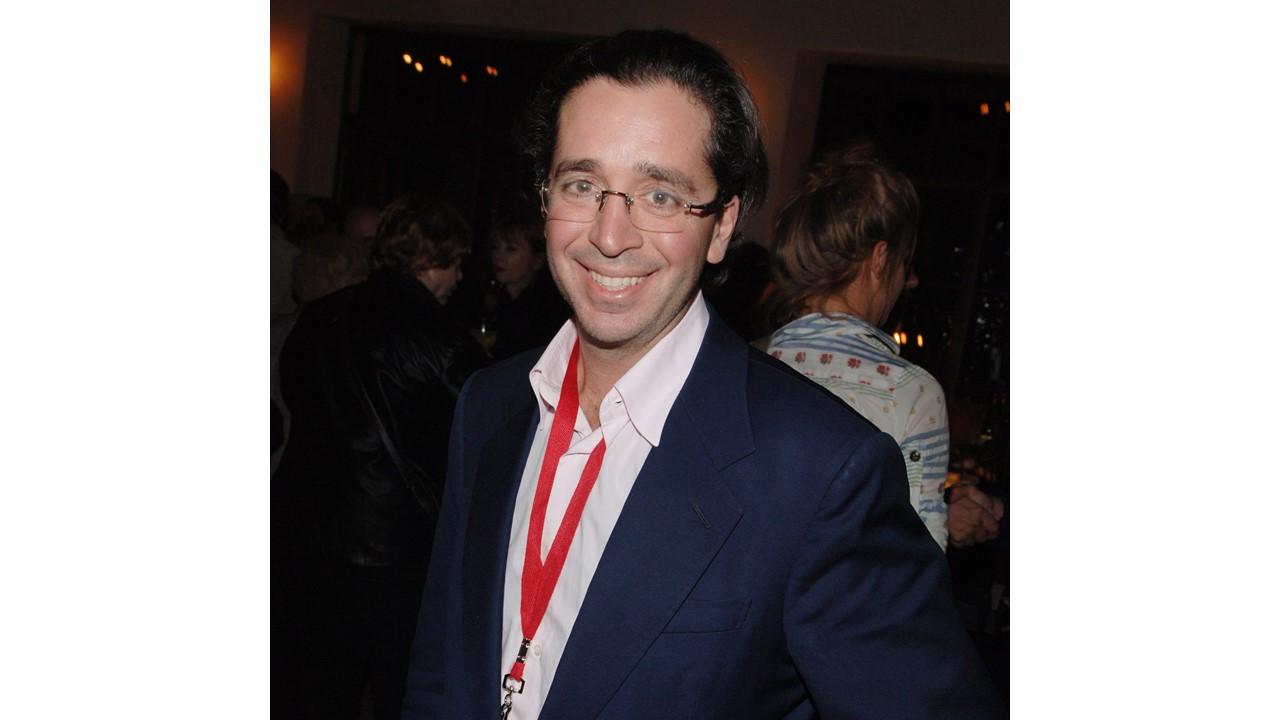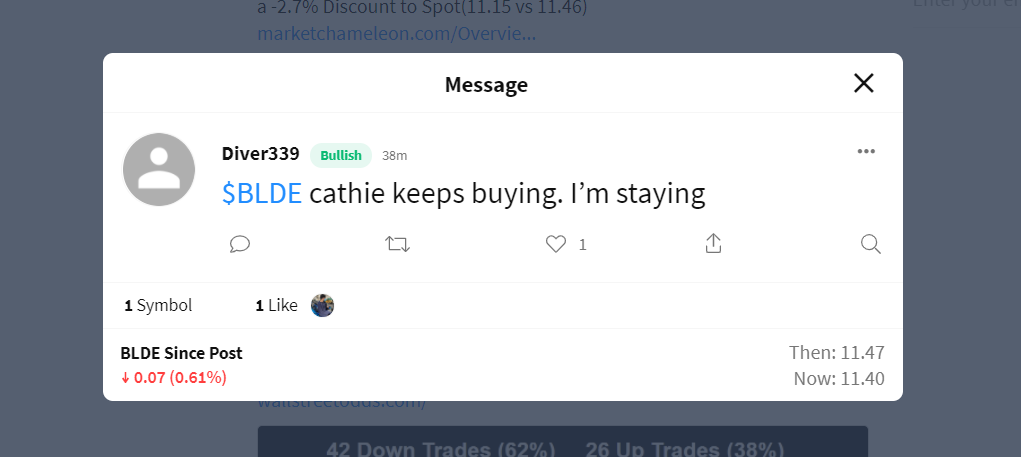What Did Blade’s CEO Do? Controversy Over BLDE Stock, Explained
Blade has become known as the "Uber of the Skies," but its CEO, Rob Wiesenthal, is also making headlines. What did he do?
June 18 2021, Published 11:58 a.m. ET
For some investors, a good dose of controversy keeps the public markets exciting. Earlier this year, news that Hometown International is a heavily overvalued shell company garnered interest from many investors. Now, Blade Air Mobility (BLDE) has its own headlines.
As it turns out, Blade CEO Rob Wiesenthal has been impersonating a company spokesperson for years.
Blade CEO Rob Wiesenthal's impersonation scandal

Blade CEO Rob Wiesenthal
Wiesenthal first incubated Blade in 2014 as a northeastern and western U.S. travel airline and app. The platform, called the "Uber of the Skies," offers ride services in helicopters and airplanes. By joining Blade, Wiesenthal was stepping outside his familiar sphere as an executive at Sony and Warner Music Group.
The scandal surrounds Blade's supposed spokesperson and newsletter author, Simon McLaren. No one had ever met him, and McLaren interacted with the media only on the phone or via email.
Ultimately, investors became curious about the enigmatic McLaren. While he wasn't nearly as mysterious as other figures, such as Bitcoin creator Satoshi Nakamoto, people found it strange that they couldn't confirm his identity.
After Business Insider attempted to confirm it, however, Wiesenthal confessed to the ploy. All the while, Wiesenthal had been impersonating McLaren. When someone asked to speak to McLaren, he would put on a different voice for show.
Wiesenthal told Business Insider, "When we were a small company, everyone had to wear many hats. When it was appropriate for a spokesperson to respond to a press inquiry rather than the CEO, given that we did not have a spokesperson, we used the pseudonym typically in email communications." Eventually, the pseudonym stuck and Wiesenthal didn't back out until cornered.
How Blade (BLDE) stock is responding
BLDE stock has only been on the market since May 7, when it became the first urban air mobility company to go public. It did so through a reverse merger with a blank-check company.
Since the company transitioned to the "BLDE" ticker, its stock has risen 30.63 percent. Today, the stock is down 1.22 percent but has retained healthy one-month returns. Since newly public companies tend to be volatile in their early days, it seems the CEO's controversy hasn't been too detrimental.
Can Blade stock withstand its CEO controversy?
Since Wiesenthal admitted to the fake identity himself, investors are likely to overlook the gaffe for the sake of BLDE stock. However, they may be more sensitive to red flags later on.
Blade stock forecasts stem from buying patterns
Cathie Wood of ARK Invest has continues to purchase BLDE stock for her actively managed ETFs, which could help keep investors on board amid controversy. Of course, this doesn't guarantee Blade stock's success, but Wood's support may comfort some traders.


